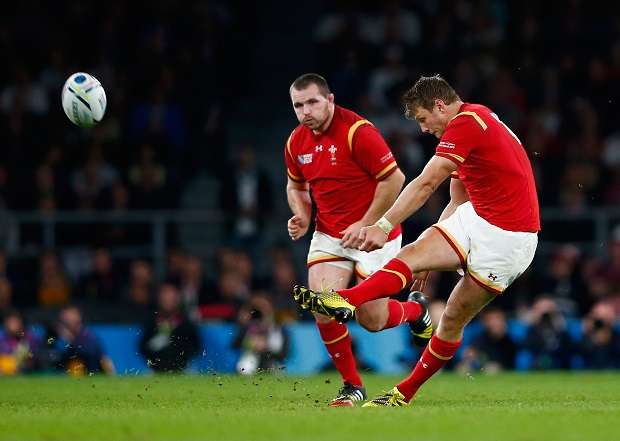
 They paid £20,000,000 to be ringside at Twickenham last night, a suitably monstrous sum for a neighbourly battle billed as the Monster Bash of this or any other World Cup.
They paid £20,000,000 to be ringside at Twickenham last night, a suitably monstrous sum for a neighbourly battle billed as the Monster Bash of this or any other World Cup.
Never can so many have paid so much and been rewarded with as titanic a duel as any between the ancient rivals over the best part of a century and a half. No crowd at HQ can ever have been given a more thrilling run for their money.
On a night when the immaculate Dan Biggar trumped the equally immaculate Owen Farrell, Wales somehow emerged from the wreckage of their threequarter line to snatch the victory which keeps them on track for the quarter-finals and England staring at the abyss.
Ten minutes from the end, Wales looked as though they were about to take the full count. They were reduced to such a mess behind the scrum that they finished with a fly half at full back (Rhys Priestland), a scrum half on one wing (Lloyd Williams), a wing in the centre (George North) and the out-of-touch Alex Cuthbert pressed into emergency service on the other.
And still, somehow, they dredged up the move that turned the match, Lloyd Williams’ diagonal punt sending Gareth Davies scampering over for the equalising try.
Just as it seemed that Wales would fail to find the telling creative move, as they had failed far too often against major opponents, so they delivered and did so, what’s more, against all the odds.
For England, a draw would have been bad enough after spending most of the match in front. They had no time to do anything about finding an escape when the draw deteriorated into the nightmarish scenario of a shuddering end to their winning home streak.
Wales would have taken a draw there and then, until Mike Brown‘s failure to release the ball gave Biggar the kind of long-range shot which Leigh Halfpenny had missed by a whisker during the semi-final of the last global jamboree, against France in Auckland.
Cometh the hour, cometh the man. England would have known the game was up as soon as Biggar prepared to land the decisive penalty from a foot inside his own half. He never looked like missing just as he never looked like missing all night long.
By then the over-hyped collision within the main event had been shoved aside into barely a side show. Even by the Leviathan standards of the modern game, there had never been an individual contest on such a scale: in the white corner – Sam Burgess, 6ft 5in, 18st 3lbs. In the red – Jamie Roberts, 6ft 4in, 17st 5lbs.
And at the end of a week when it would have taken a hefty chunk of an Amazonian rain forest to print all the ballyhoo, there was never the slightest danger of any one landing an early knock-out blow, let alone the protagonists.
Each managed to negotiate the opening quarter without requiring to lay as much as a pawing glove on the other. Fully 25 minutes had ticked away before their first collision, a charging Roberts stopped in his tracks but it took Farrell as much as Burgess to bring him down.
When Roberts, all grit and grimace, threatened the line again ten minutes later, England again double-banked him, Geoff Parling helping Burgess nail his man before any damage could be done.
And on the one occasion when Scott Williams, the most creative of the Welsh threequarters, left Burgess and every other Red Rose defender clawing thin air, England were thankful to concede three points instead of seven.
By then, the Welsh set-piece had wobbled often enough for England to take a fragile hold via a trio of Farrell goals and Jonny May’s converted try. It made all the difference at half-time, a seven-point deficit which did no justice to three Welsh players – Alun-Wyn Jones, Bradley Davies and the unerring Biggar.
Every time England threatened to impose more than a semblance of control, the Welsh trio conspired to rock the hosts back on their heels with powerful reminders that this contest would be going the distance.
Jones and Davies, his second row partner, did it with a potent mixture of athleticism and good old-fashioned grunt. And every time Farrell nudged England ten points clear, Biggar responded with a goalkicking performance as flawless as any by Leigh Halfpenny and there can be no higher praise.
The Welsh have made a point of leaving a mark of sorts at Twickenham whenever possible, including the odd piece of grand larceny. The oddest one of all, way back in 1958, involved the theft by three Welsh supporters of a sawn-off piece of the crossbar which had denied Wales the winning long-distance goal from full back Terry Davies, ironically a timber merchant by trade.
He would be the first to acknowledge that in the colourful history of Anglo-Welsh conflict, never has one man’s flawless kicking meant so much, not just in settling a local argument but in the great global scheme of things.
Wales’ entire raison d’etre had revolved round this tournament and this match. Warren Gatland said as much way back before the last Six Nations, that the World Cup mattered above all else.
Last night, not for the first time, Biggar, Sam Warburton and 21 other Welshmen ensured he came up trumps.

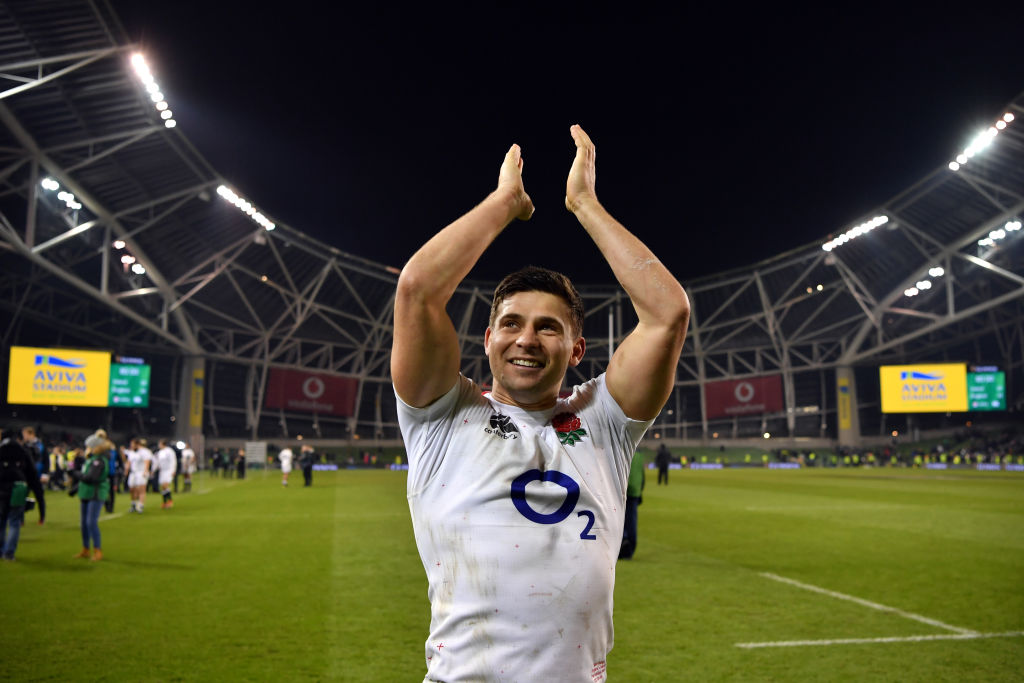
Latest News
Charlie Elliott: Ben Youngs’ Best Career Moments


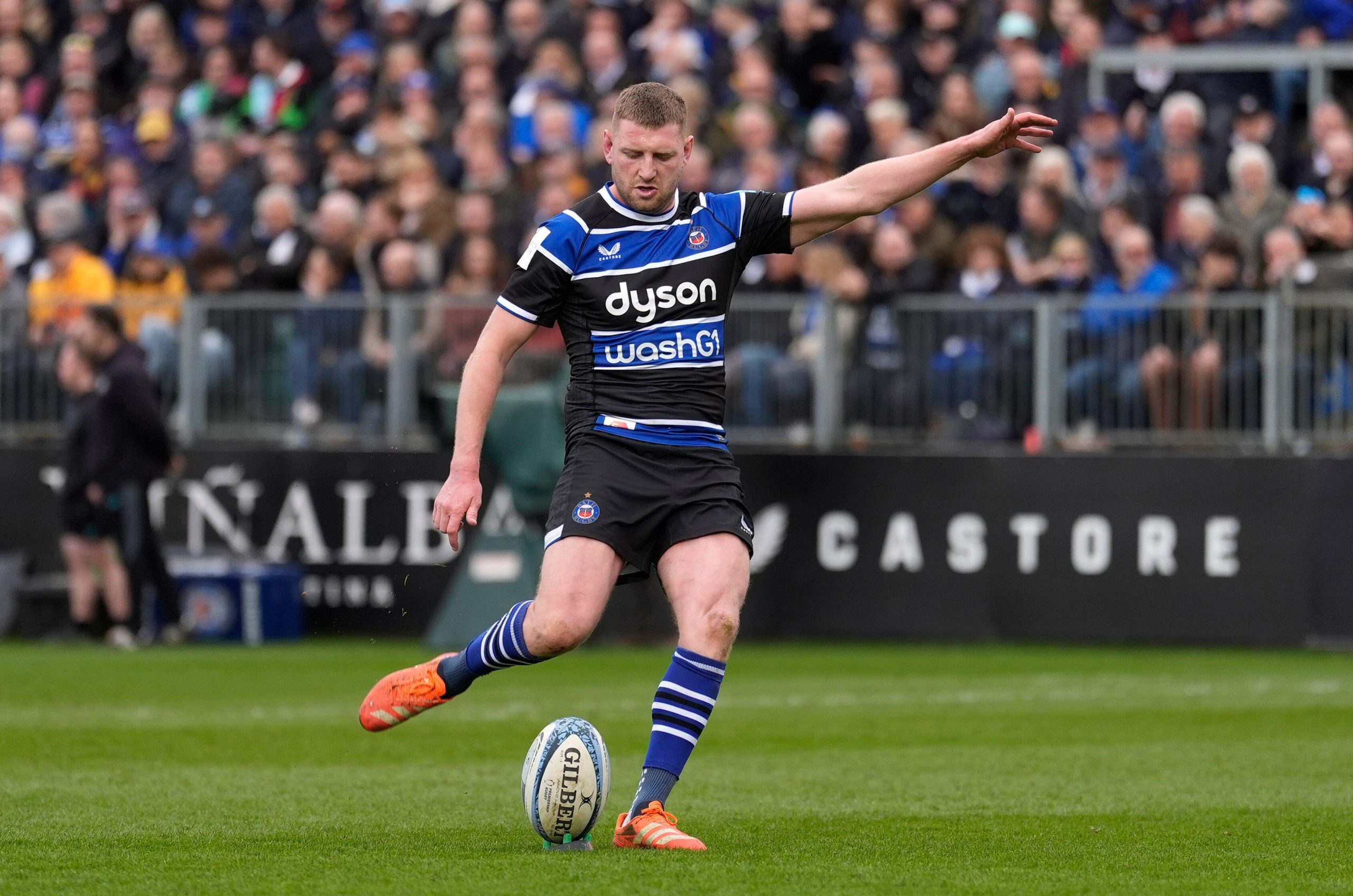















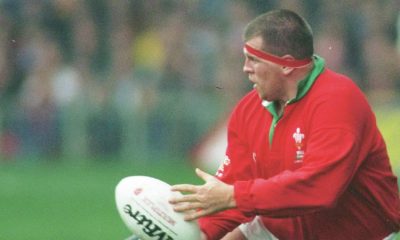

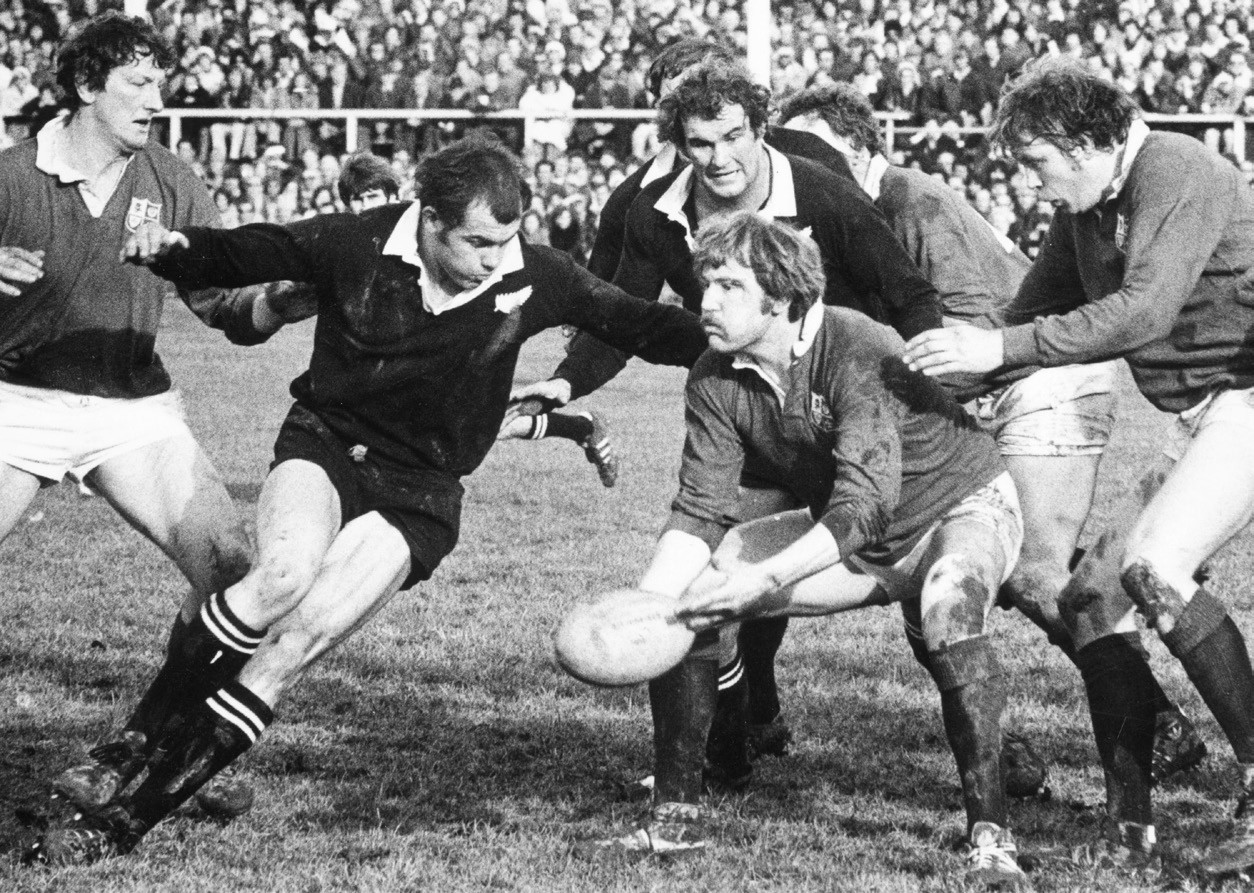
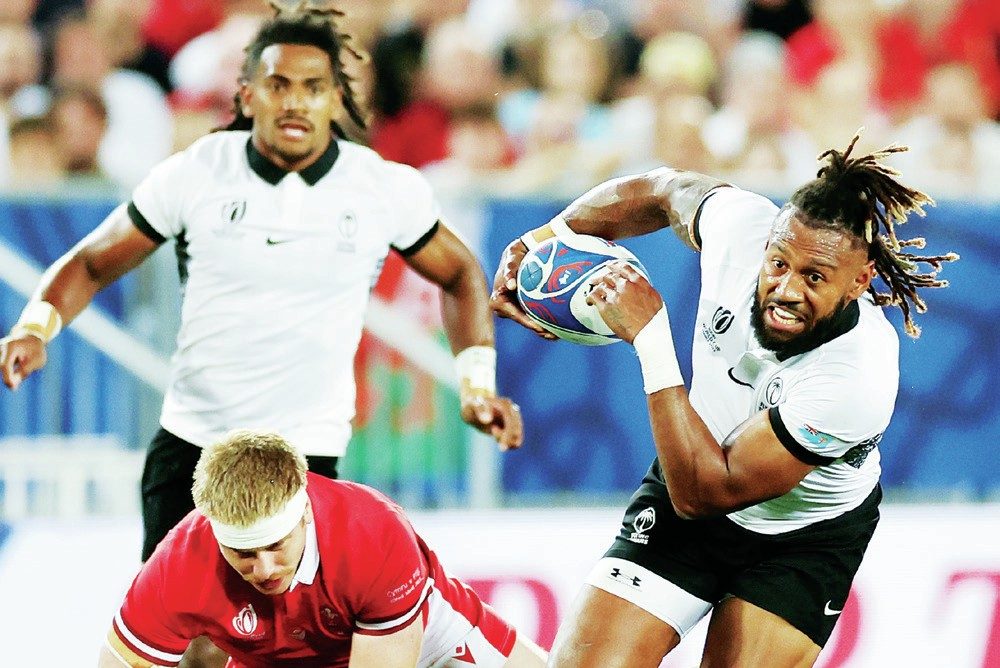
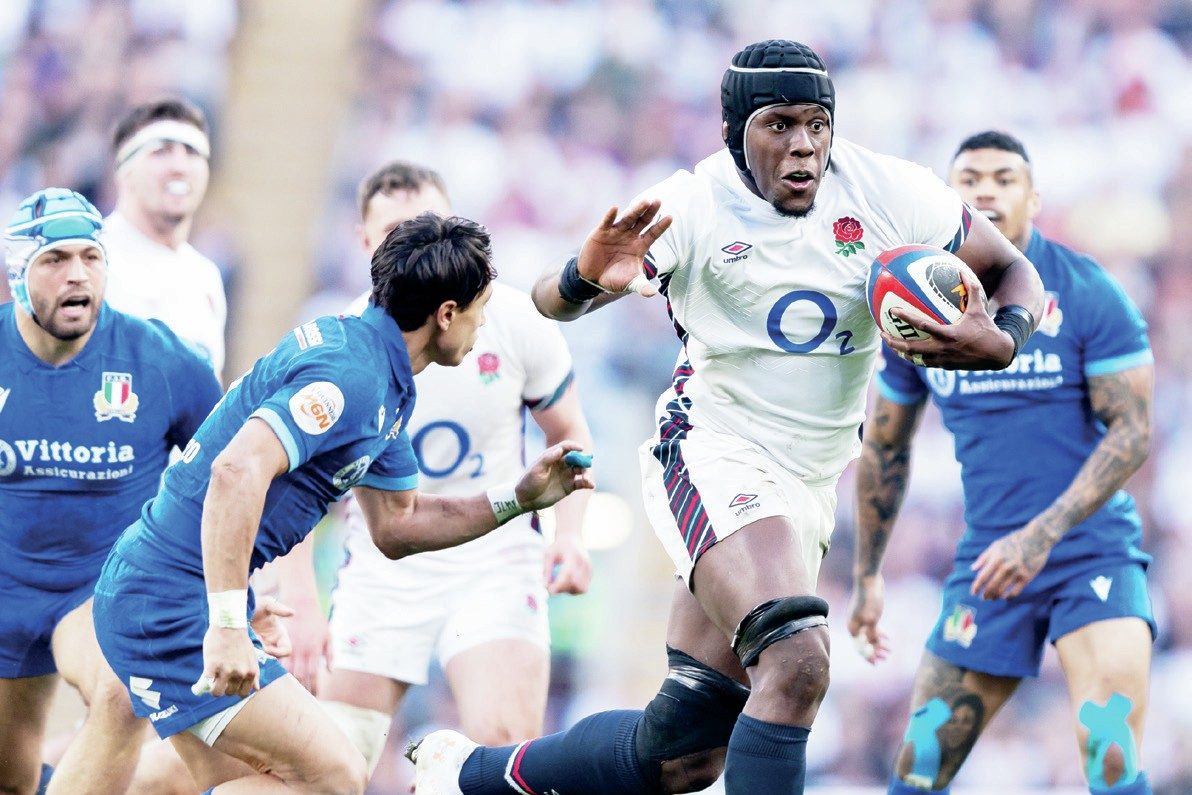
You must be logged in to post a comment Login